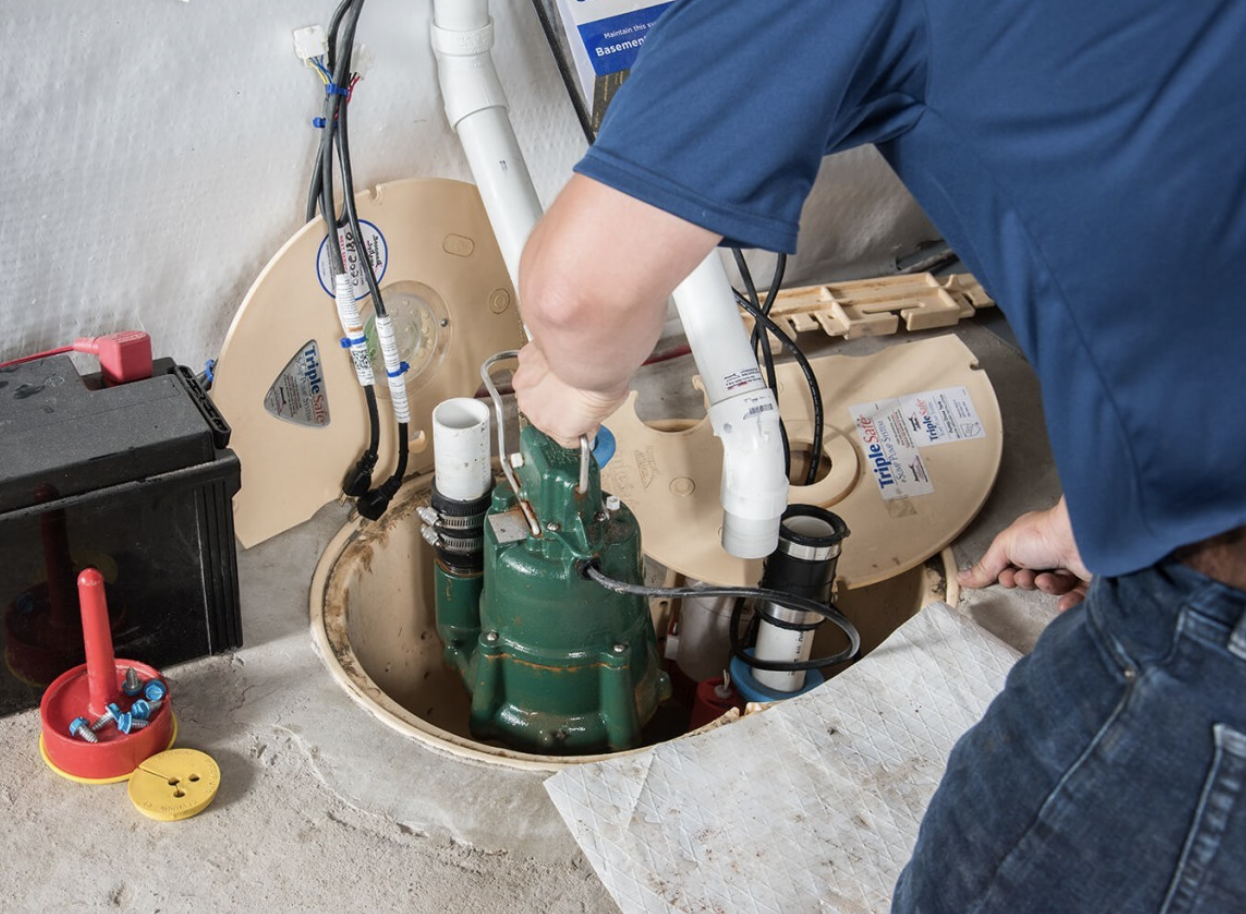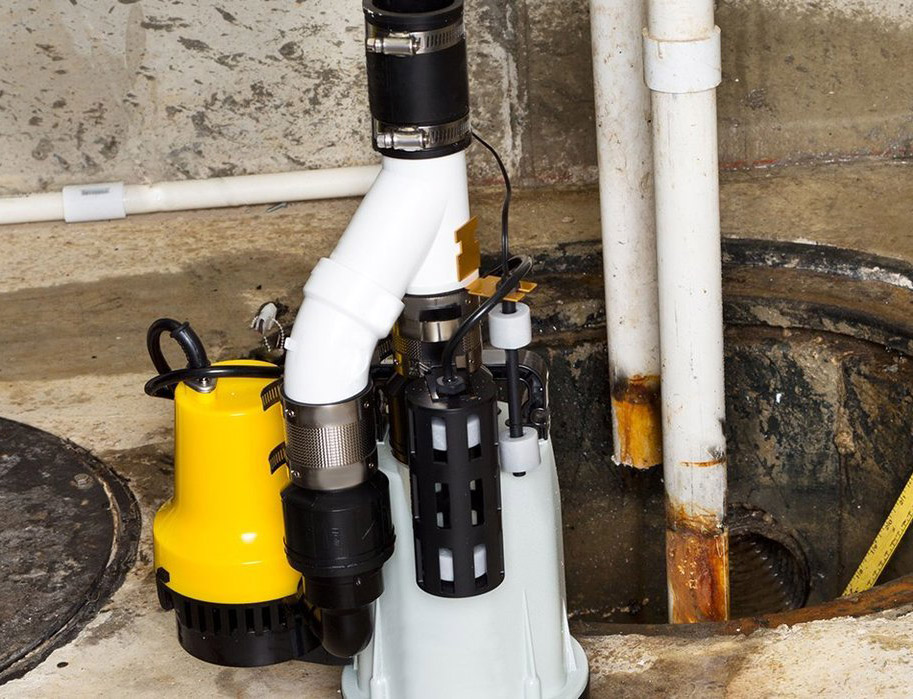Trustworthy Pump Repairs & Installation: Your Water supply's Lifeline
Trustworthy Pump Repairs & Installation: Your Water supply's Lifeline
Blog Article
Understanding the Key Parts of Effective Water Purification Solutions

Value of Water Filtering Systems
Water purification systems play a crucial duty in making sure accessibility to clean and safe alcohol consumption water by successfully eliminating contaminations and impurities. These systems are necessary in attending to the growing issues over water quality and the potential wellness risks connected with taking in contaminated water. By making use of different filtration devices such as reverse osmosis, triggered carbon, and UV sterilization, water purification systems can efficiently remove unsafe materials like germs, viruses, heavy steels, and chemicals from the water.
Additionally, water filtration systems help to boost the preference and smell of water by eliminating chlorine, debris, and other toxins that can affect its top quality. Water Filtration Systems. This improvement in water high quality not just makes it much more tasty yet likewise encourages individuals to consume alcohol a sufficient quantity of water daily, promoting much better hydration and overall health and wellness
Kinds of Filtration Components

Physical filters are designed to physically stress out pollutants from the water. These filters can be constructed from materials like ceramic, carbon, or perhaps sand, and they work by trapping bits bigger than the filter's pores as water passes through.
Chemical filters utilize numerous chemical procedures to eliminate impurities from the water. Examples include activated carbon filters, which adsorb impurities, and reverse osmosis membranes, which use pressure to separate pollutants from the water.
Biological filters use living organisms like algae or microorganisms to damage down organic matter and contaminants in the water. These filters are often used in wastewater treatment plants or all-natural water filtration systems.
Understanding the different kinds of filtration components is essential for choosing one of the most appropriate water filtering system for certain filtration requirements.
Feature of Debris Filters
Debris filters play a critical role in water purification systems by properly recording strong bits suspended in the water. These filters are generally the initial line of protection in a filtration system, removing bigger particles such as sand, silt, dirt, and rust before the water relocates with finer filtering stages. By capturing these sediments, the filters prevent them from getting to downstream parts, therefore extending the life-span and effectiveness of the whole system.
The feature of debris filters is important in keeping water top quality and securing sensitive tools from damages triggered by debris. Additionally, by getting rid of noticeable bits, sediment filters improve the clearness and taste of the water. Regularly cleaning up or replacing debris filters is necessary to guarantee optimal efficiency. Ignoring this maintenance can lead to blocking, decreased water flow, and compromised filtration efficiency. On the whole, sediment filters are essential elements that contribute considerably to the performance of water filtration systems.
Duty of Activated Carbon Filters
Playing an essential role in water filtration systems, triggered carbon filters are crucial in getting rid of contaminations and impurities from the water supply. As water passes via the filter, the turned Our site on carbon holds and brings in onto the pollutants, making sure that the water that comes out on the various other side is cleaner and much safer for usage.
Triggered carbon filters are extremely reliable at boosting the taste and odor of water by decreasing chemicals that can affect its quality. Due to their versatility and integrity, triggered carbon filters are a key element in making certain that water is cleansed to the highest criteria before getting to consumers.
Comprehending Reverse Osmosis Systems
Reverse osmosis systems are innovative water filtration systems that utilize a sophisticated procedure to remove pollutants and contaminations from drinking water. These systems function by applying stress to the water, forcing it with a semi-permeable membrane layer. This membrane functions as an obstacle, allowing just distilled water molecules to travel through, while blocking larger particles such as minerals, chemicals, and various other pollutants. As an outcome, the water that comes out on the other side is significantly cleaner and much safer for intake.
One key benefit of reverse osmosis systems is their capability to get rid of a broad array of contaminants, including heavy steels, liquified microorganisms, viruses, and solids. This makes them very effective in enhancing the total top quality and safety of drinking water. Furthermore, reverse osmosis systems are fairly low-maintenance and can be installed under the sink or in a main purification system, giving hassle-free access to clean water throughout the household. In general, comprehending just how reverse osmosis systems function can aid people make informed decisions regarding their water purification demands.
Conclusion
In conclusion, reliable water filtering systems are essential for making certain risk-free and clean alcohol consumption water. By explanation understanding the feature and role of each part, individuals can make enlightened choices when additional hints selecting a water purification system.
Water filtering systems play a critical role in making certain access to tidy and safe alcohol consumption water by successfully removing contaminants and pollutants. By using different filtration mechanisms such as reverse osmosis, activated carbon, and UV sterilization, water filtering systems can successfully remove hazardous compounds like microorganisms, viruses, hefty metals, and chemicals from the water supply.
Sediment filters play an important duty in water filtration systems by efficiently capturing solid bits put on hold in the water (Water Filtration Systems).Playing a critical role in water filtration systems, triggered carbon filters are crucial in eliminating contaminations and impurities from the water supply.Reverse osmosis systems are advanced water filtering systems that use an innovative process to eliminate pollutants and contaminations from drinking water
Report this page